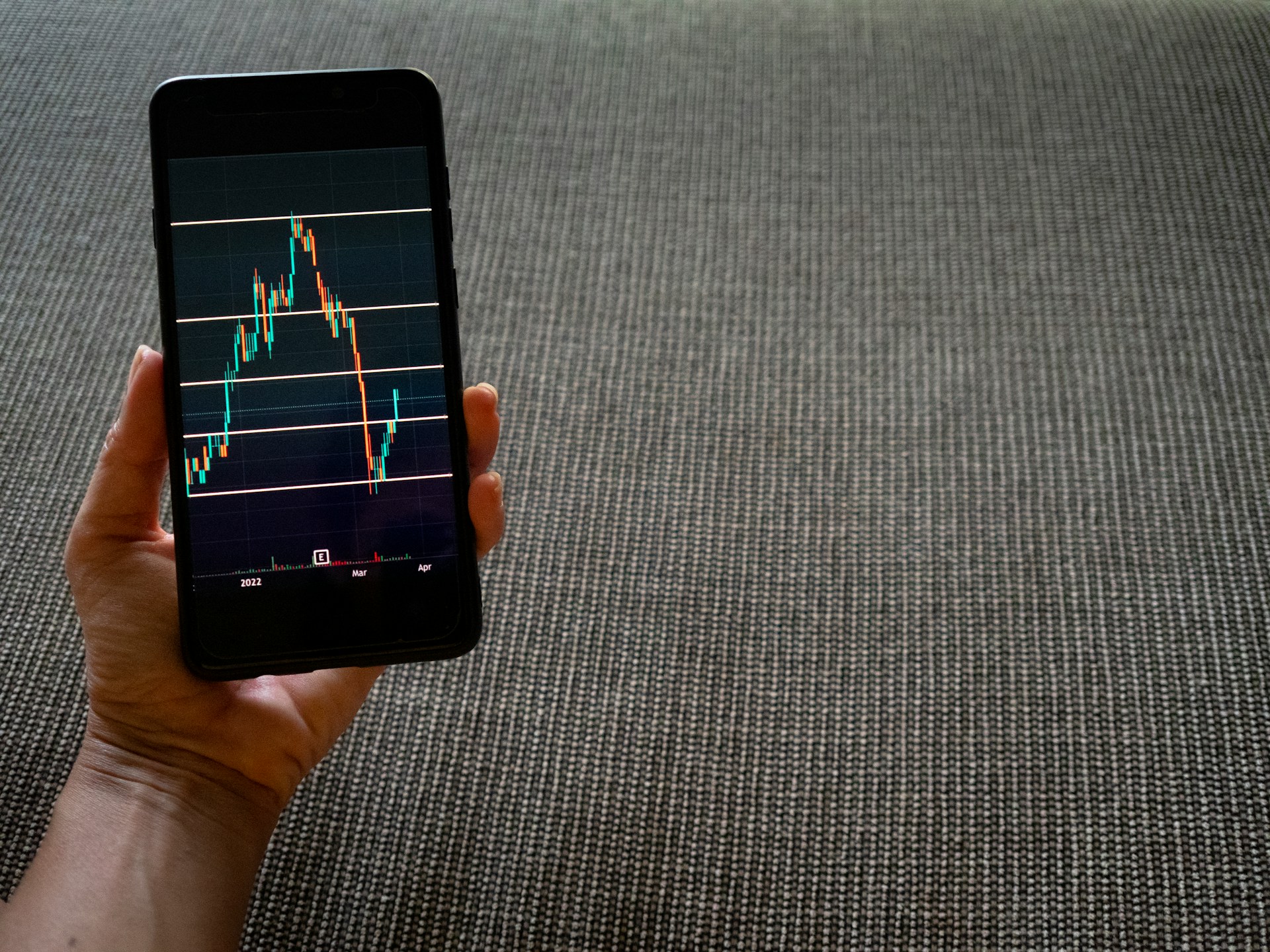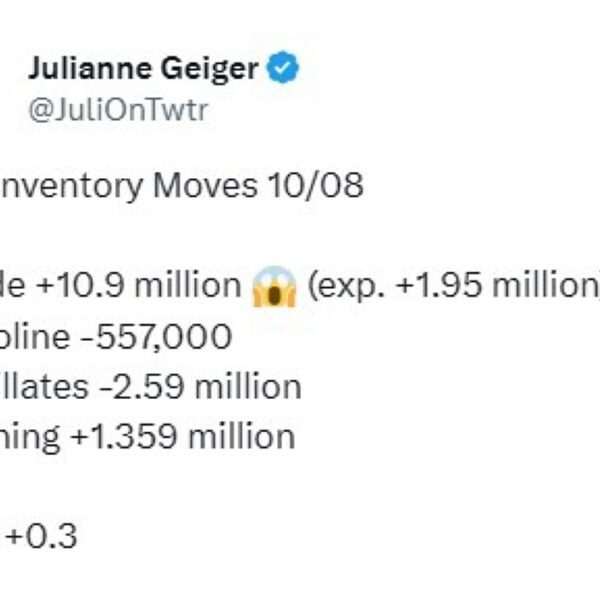The upscale shopping district of Ginza in Tokyo, Japan, on Saturday, May 4, 2024.
Bloomberg | Bloomberg | Getty Images
Japan stocks rebounded sharply on Tuesday after the Nikkei 225 and the Topix dropped over 12% in the previous session. Other Asia-Pacific markets also opened higher.
Japan’s Nikkei 225 — which saw its largest loss in the previous session since the 1987 Black Monday crash — and the broad-based Topix gained as much as 10% before paring gains to 8%.
The Bank of Japan raising rates to their highest level since 2008 on July 30 caused the yen to strengthen to a seven-month high, pressurizing stocks.
Markets globally were also spooked by fears of a U.S. recession stoked by a weaker-than-expected jobs report.
Japan’s heavyweight trading houses all saw rebounds of over 8%, with Marubeni up over 13%. Softbank Group Corp jumped almost 10%.
The yen weakened over 0.62% to trade at 145.07 against the U.S. dollar.
South Korea’s Kospi jumped above 3%, while the small-cap Kosdaq was up more than 4.5%. The South Korean markets were halted temporarily on Monday after they fell 8%, triggering circuit breakers.
South Korean heavyweight Samsung Electronics rose 2.1%, while chipmaker SK Hynix climbed 4.5%.
Mainland China’s CSI 300 opened flat, while the Hong Kong’s Hang Seng index rose 1.03%.
Australia’s S&P/ASX 200 opened up 0.27%.
Oil prices also rose with Brent crude climbing 1.65% to trade at $77.56 per barrel. U.S. West Texas Intermediate crude rose 1.86% to trade at $74.30.
Japan June household spending numbers showed a larger-than-expected fall year over year, dropping 1.4% in real terms. The average monthly income per household was up 3.1% in real terms from the previous year.
Real wages in Japan also grew 1.1% in June compared to a year ago, the first time that wages have risen in 26 months. A strong wage growth offers more room to the Bank of Japan to tighten its monetary policy.
The Reserve Bank of Australia will release its cash rate later today, with economists expecting it to remain steady at 4.35%.
Overnight in the U.S., the 30-stock Dow and the S&P 500 notched their worst sessions since September 2022.
The Dow dropped 1,033.99 points to end 2.6% lower, while the S&P 500 slid 3%. The Nasdaq Composite shed 3.43% ending 15% off its closing high.
—CNBC’s Hakyung Kim, John Melloy and Sarah Min contributed to this report.















